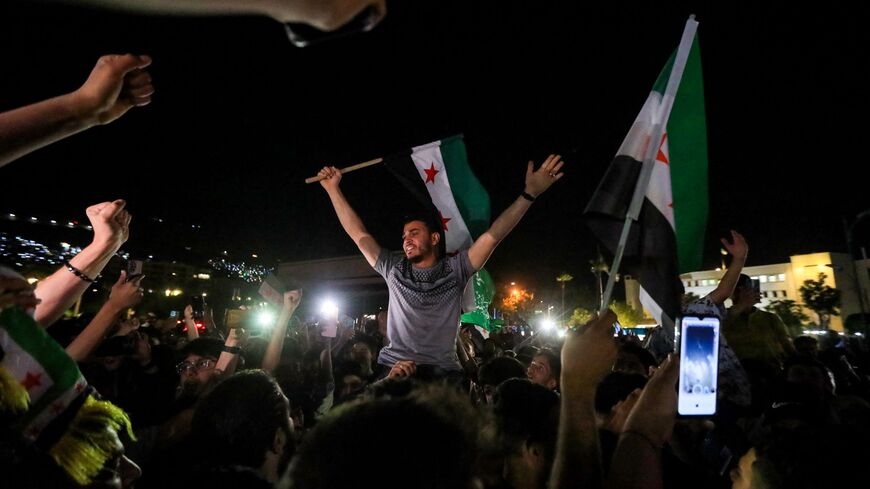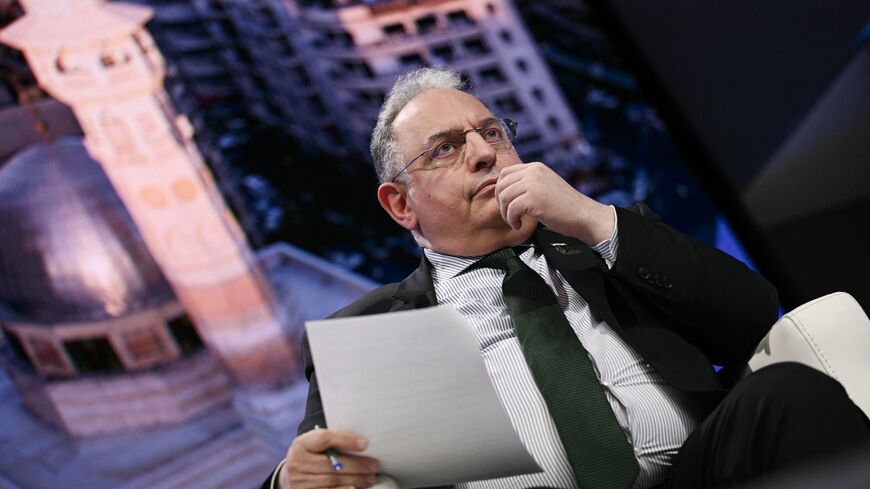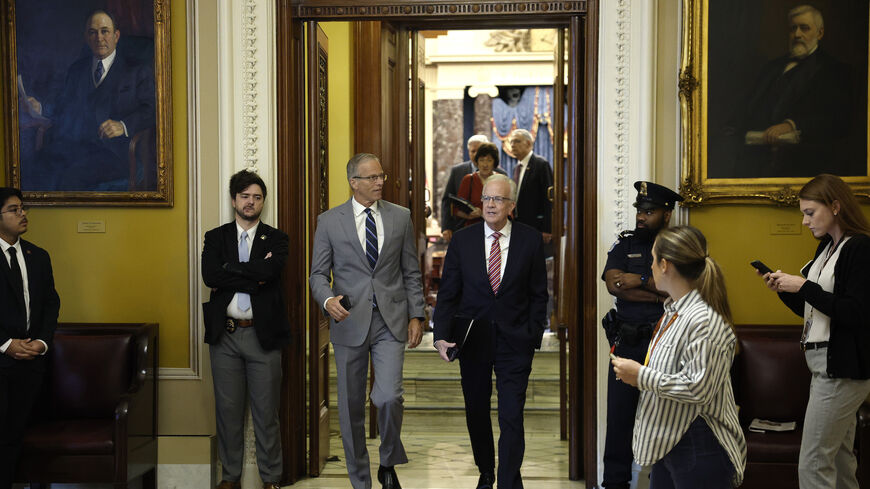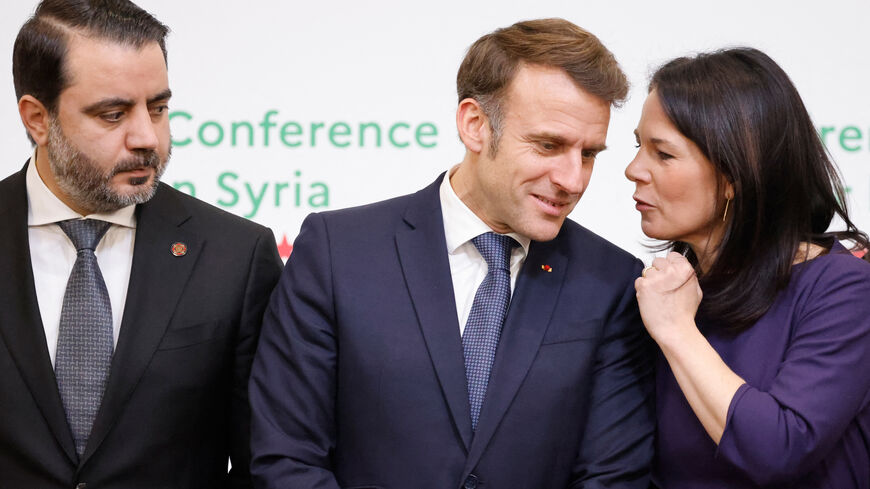EU suspends key energy, banking sanctions on Syria: What we know
Syrian President Ahmed al-Sharaa’s interim government has been trying to court the international community to encourage investment and ease sanctions to allow Syria’s economy to recover.
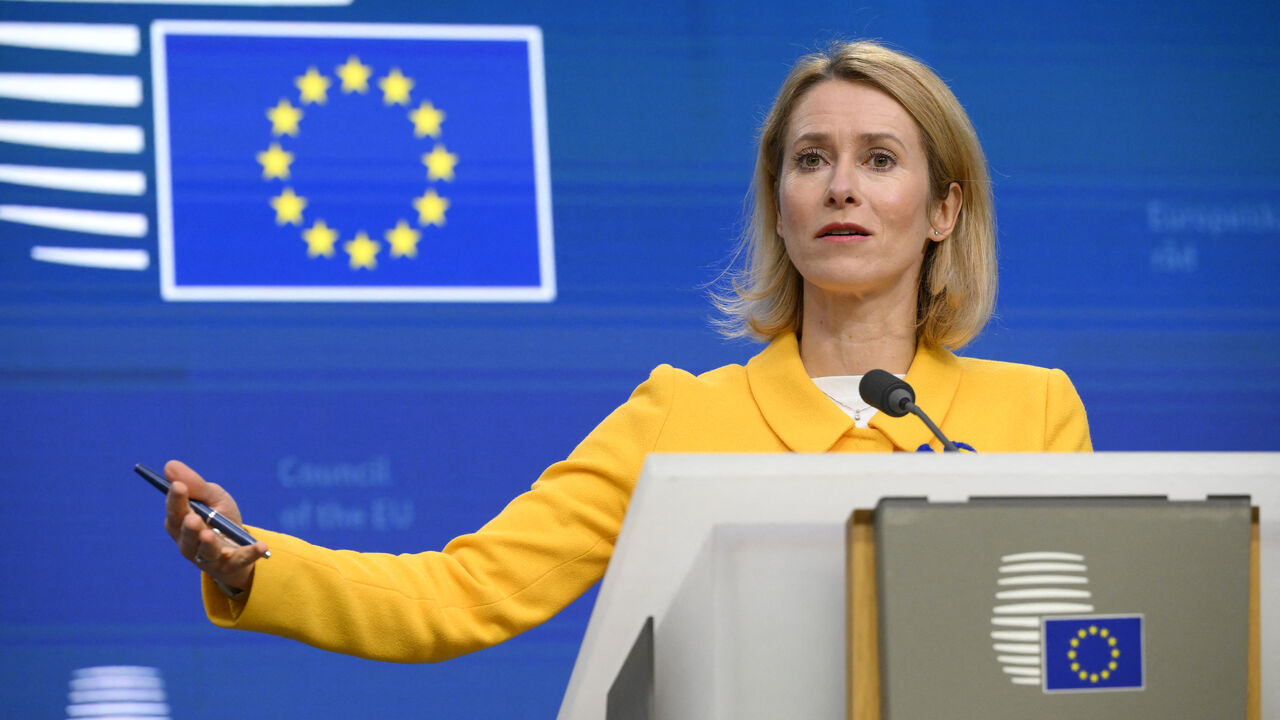
The European Union on Monday lifted several economic restrictions on Syria as the country looks to rebuild its economy under a new government following the overthrow of President Bashar al-Assad at the end of last year.
What happened: EU foreign ministers gathered in Brussels and opted to suspend a broad set of sanctions against Syria to support the country’s economic recovery and reconstruction as the bloc increases engagement with the post-Assad Ahmed al-Sharaa government.
The council removed five financial entities — Industrial Bank, Popular Credit Bank, Saving Bank, Agricultural Cooperative Bank and Syrian Arab Airlines — from the list of those subject to asset freezes, thereby allowing funds and economic resources to be directed to the Central Bank of Syria.
In addition, the EU halted sector-specific measures affecting the oil, gas, electricity and transport sectors, and introduced exemptions to the ban on banking relations between Syrian banks and EU financial institutions.
The European Council said in a statement Monday that the sanctions suspension was part of the 27-state bloc’s efforts to support “an inclusive political transition in Syria, and its swift economic recovery, reconstruction, and stabilization."
Additionally, the EU is introducing exemptions to its prohibition on banking relations between Europe and Syria, to allow transactions in the energy and transport sectors as well as those for humanitarian and reconstruction purposes.
The bloc will also indefinitely extend the existing exemption for certain EU-based humanitarian organizations to carry out their work in Syria. The EU also said it was introducing an exemption for luxury goods exported by member states for Syria for personal use. The suspension is meant to facilitate transactions for humanitarian aid, reconstruction projects and activities in the energy and transport sectors.
EU’s foreign policy chief Kaja Kallas said those suspensions are conditional and could be reimposed if Damascus does not lead an inclusive transition. "We know that Syria is a very diverse country with many, many groups. We are keeping a very close eye on this and close contact also with the regional actors. If everything does not go right, then we also ready to put the sanctions back," Kallas said.
What's next: The bloc is maintaining sanctions imposed during Assad’s reign, including on the chemical weapons sector and illicit drug trade as well as several sector-specific measures, such as on arms trade, dual-use goods, equipment for internal repression, software for interception and surveillance, and the import and export of Syrian cultural heritage goods.
“EU restrictive measures have been used as a tool against the Al-Assad regime, responsible for the violent repression of the Syrian civil population. The fall of the Al-Assad regime marks the beginning of a new era of hope for the Syrian people,” the European Commission said.
“All Syrians, in the country and diaspora, should have the opportunity to participate in the rebuilding of their country. The EU stands with the Syrian people in this moment of transition.”
Background: The Assad regime collapsed Dec. 8 in a lightning rebel offensive led by the Hayat Tahrir al-Sham militant group, which quickly seized power and formed a transitional government.
The Syrian economy has been on its knees from a 13-year civil war that has been raging since 2011, costing the country around $800 billion, according to United Nations estimates. On top of this, the EU and the United States imposed sanctions in May 2011 that prohibited the trade of goods that the West said could be used for the repression of Syrian civilians by the government.
Syrian President Ahmed al-Sharaa’s interim government has been trying to court the international community to encourage investment and sanctions relief to allow Syria’s economy to recover. On Feb. 13, Syria's Foreign Minister Asaad Hassan al-Shibani led a delegation to Paris to meet EU leaders, the interim government's first trip to Europe since taking power. In early January, Syria's top diplomat, along with the country's defense minister and head of the intelligence service, visited Saudi Arabia in a trip aimed at strengthening bilateral relations between the two countries.

